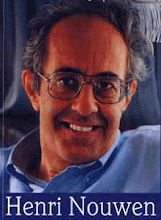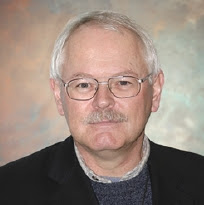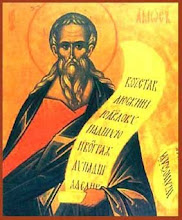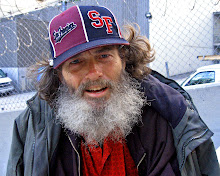
Why does God allow bad things to happen to good people? When speaking of evil such as the pain and suffering of the homeless, it is customary to distinguish between natural and moral evil. John Haldane, a contemporary philosopher explains the difference between the two this way. "If a branch falls on my neck and breaks it, that is a natural evil. If you strike me and break my neck, that is a moral evil." When the problem of homelessness exists within an affluent society, it is a moral evil. (It generally does not proceed from natural causes except in the rare catastrophic case of a hurricane, flood, etc.) God is not the author of moral evil. In the same respect He does not stop us from committing evil because our free choice and free will would be violated. As a theist, I believe that God in His time brings good from moral evil. We know from science that creation is an evolutionary process of disorder to order. God is creation's Master Designer. Through Christ He reconciles all chaos to cosmos. John Haldane states it this way in the work Atheism and Theism. "Christianity teaches that suffering is a route to moral self-realization. God Himself entered into the valley of death. What is to be made of these claims? It is a fact of human experience that suffering has immense potential for growth. Anyone who has lived through painful illness, emotional distress, anxiety and depression, and other familiar terrors and woes, know that these give rise to “spiritual” challenges. If they are met, they will leave the person a stronger and wiser human being. To put it paradoxically, people are often grateful to have suffered such harms. What it suggests is that it is possible to fashion something good out of evil. What Christian theism adds is an account of how heroic victory over evil is possible." (Haldane, J. , Smart, J. J. C. Atheism and Theism, Blackwell Publishing, 2002.)
























No comments:
Post a Comment